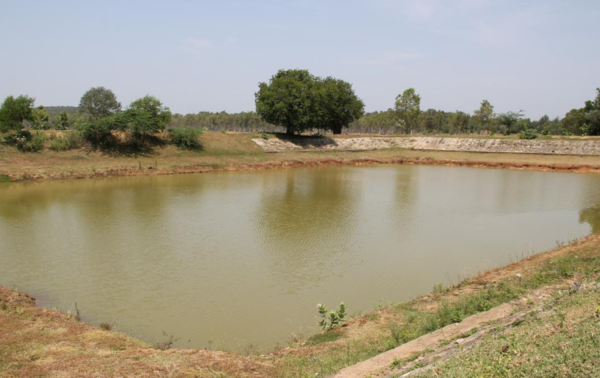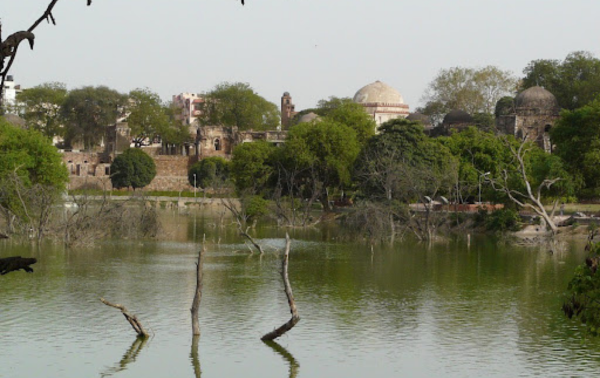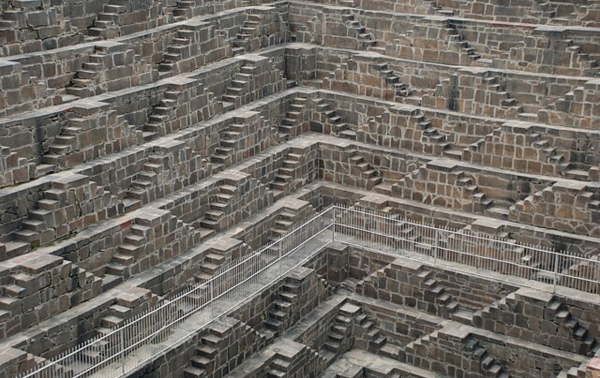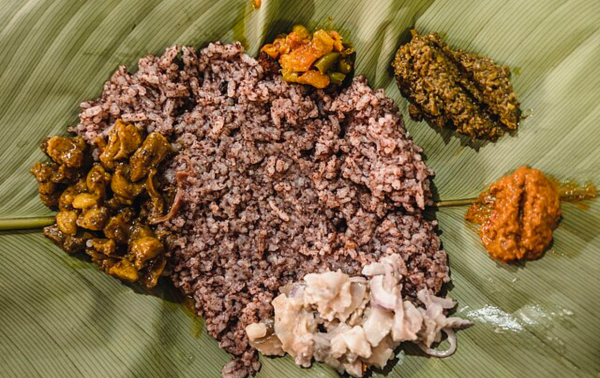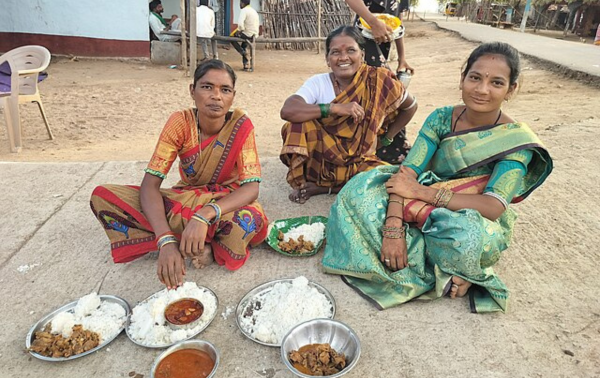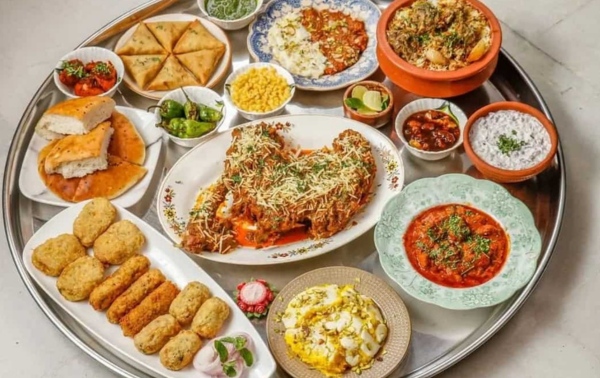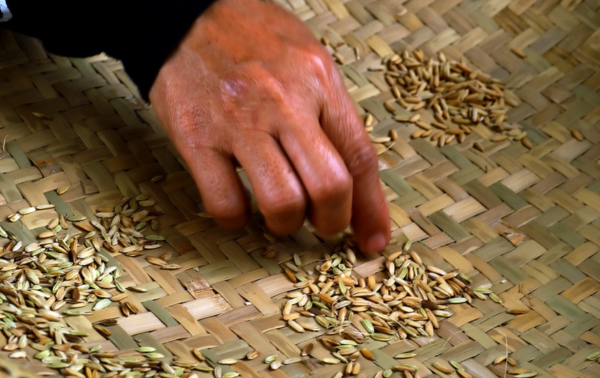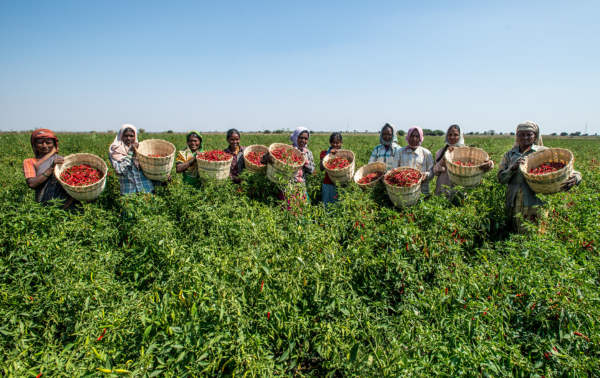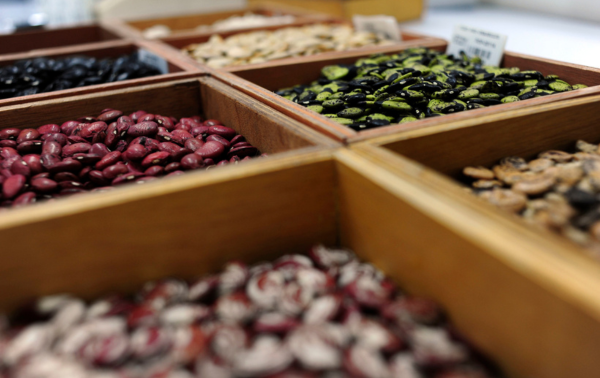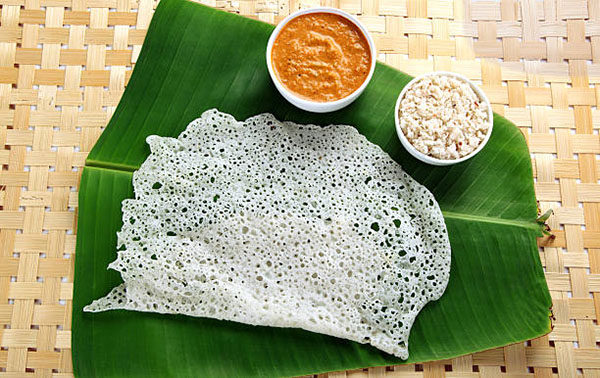The tank systems of Tamil Nadu stand as a testament to the ancient wisdom and engineering prowess of its forefathers, who crafted a network of water structures that not only sustained life but also shaped the socio-cultural fabric of the region.
From Royal Tanks to Hipster Havens: Delhi’s Water Tales Etched in Stone
Delhi, a city steeped in history, whispers tales not just through its monuments but also through its ingenious water structures. These structures, crafted from stone, stand as keepers of history, each bearing witness to the ingenuity and foresight of those who came before.
Where the Thar Meets the Tank: Rajasthan’s Enduring Water Legacy
Rajasthan, the land of majestic forts and vibrant culture, also boasts a lesser-known marvel – its ingenious water architecture. In a region where rain is a fickle friend, these structures were not just embellishments; they were lifelines carved from stone and resilience.
A Smoky Symphony: Unveiling the Soulful Flavors of Khasi Cuisine
Rooted in the lush hills of Meghalaya, Khasi cuisine embodies a harmonious blend of locally sourced distinct ingredients due to the natural environment, traditional cooking methods, and age-old recipes passed down through generations.
Gond Cuisine: A Culinary Legacy of Tradition and Resilience
A google search for “gond” usually leads to laddoos of a special kind, popular across India however, in mainstreaming one kind of food, another is marginalised. The culinary heritage of the Gondi people, one of the largest Scheduled Tribes in India, is a testament to their rich history of resilience, cultural practices, and deep connection to the land.
Bohri Cuisine: A Culinary Tapestry of Tradition and Flavor
With influences from Yemen, Persia, and India, Bohri cuisine reflects the rich history and enduring traditions of the Dawoodi Bohra community. More than just a collection of dishes, it embodies a philosophy of communal dining, mindful consumption, and the celebration of heritage.
Prominent Indian Seed Banks
From the empowering efforts of The Deccan Development Society to Sahaja Samrudha’s commitment to organic farming, and Beej Bachao Andolan’s revival of Himalayan heritage, discover how these movements are not just safeguarding seeds but nurturing communities, sustainability, and cultural legacies.
Why do we need seed banks?
What is unique about Indian seed banks?
One of the primary aims of community seed banks found in India is to provide farmers with equitable access to seeds, which consequently safeguards food security. They are especially important for small scale farmers, as commercially available seeds can be difficult to procure due to exorbitant pricing.
What are seed banks
An Introduction
Seed banks are facilities which store seeds of different kinds of plants, with the intention of preserving genetic diversity. Colloquially, they are akin to libraries for plants, where they preserve knowledge of different species through seeds.
A Culinary Treasure : Unveiling The Rich Cuisine of Mangalore
Embark on a flavorful journey through the heartlands of India as we delve into the rich tapestry of local cuisines. From the spicy delights of Manglorean cuisine to the aromatic treasures of Parsi dishes, and the lesser-known gems like Gond and Khasi fare, we uncover the communal practices that shape and sustain these diverse culinary lineages.
